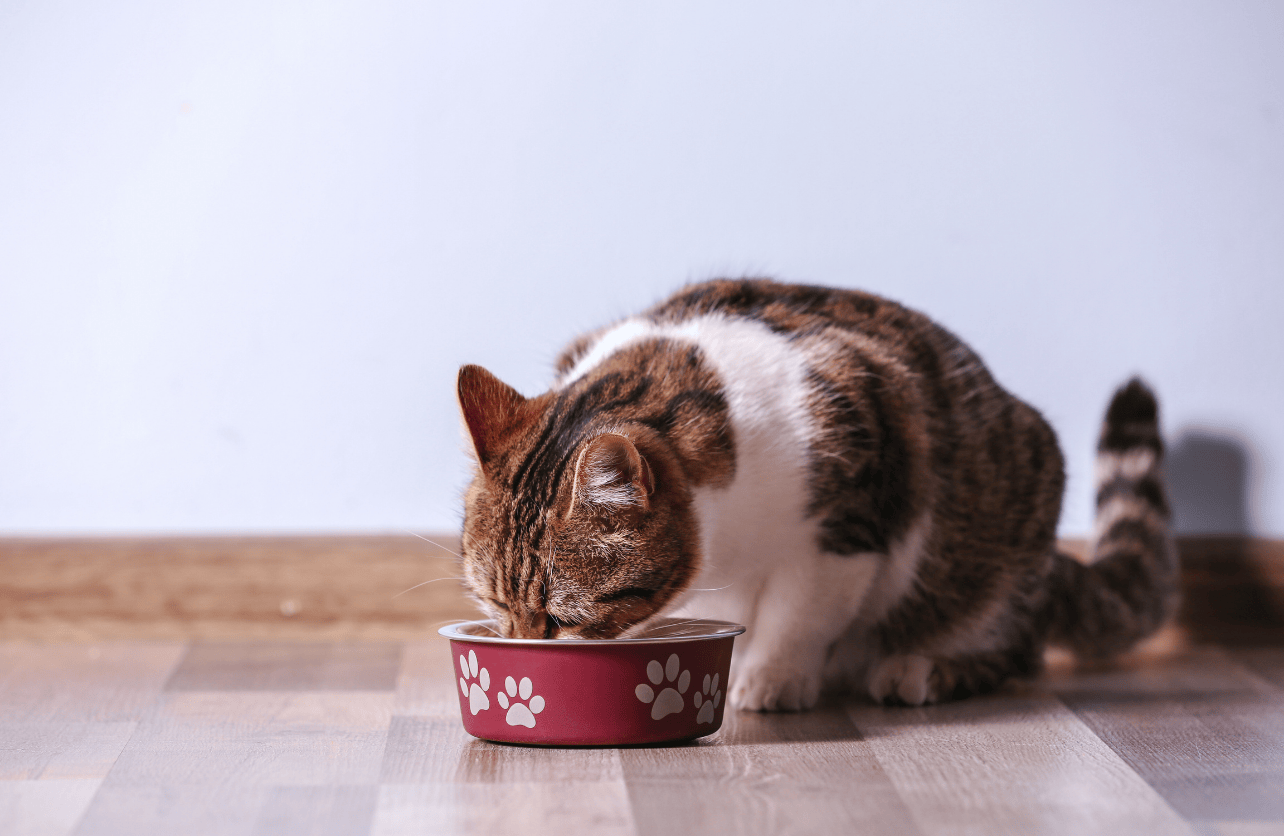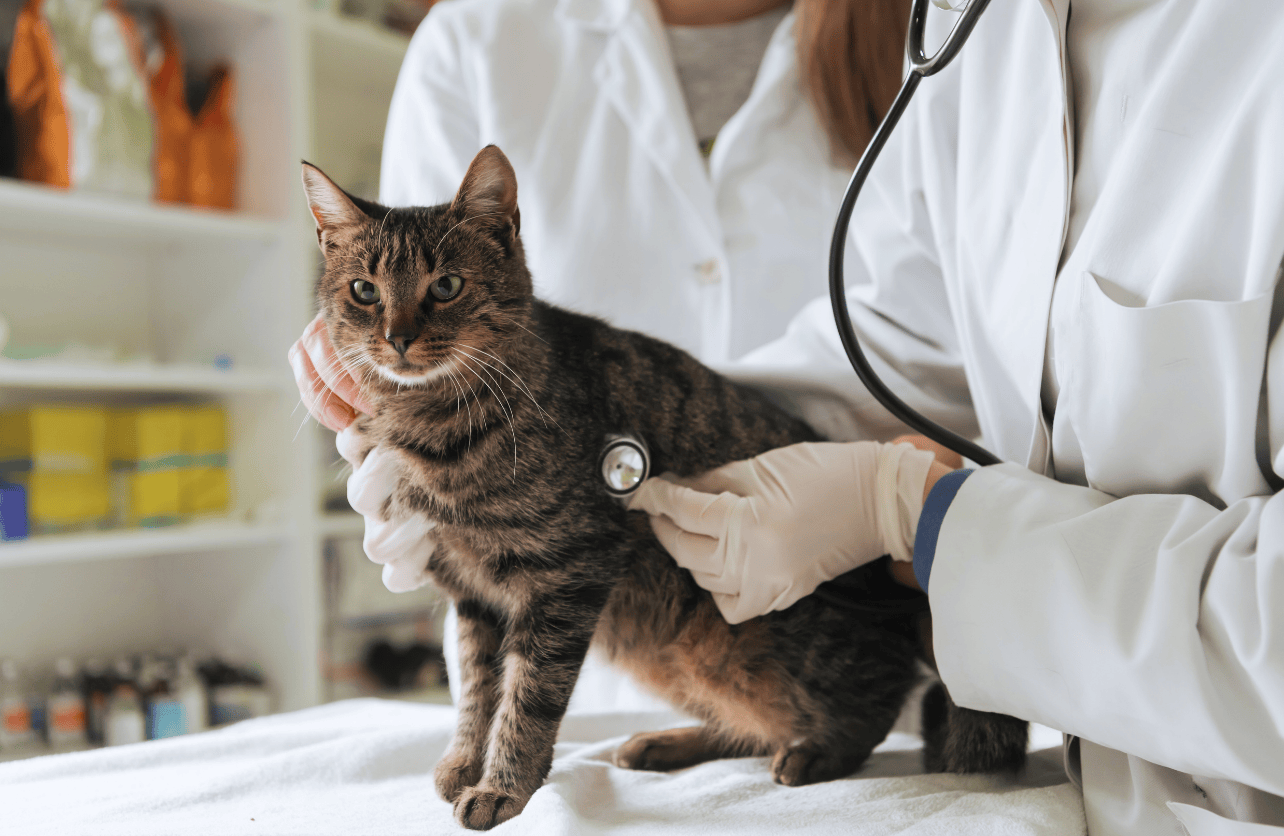What If My Cat Eats Ashwagandha? Understanding the Risks and Actions to Take

Ashwagandha (Withania somnifera) is a popular adaptogenic herb widely used in traditional Ayurvedic medicine for its numerous health benefits, including stress reduction, improved energy levels, and enhanced cognitive function. While ashwagandha is generally considered safe for humans when taken in appropriate doses, pet owners might find themselves concerned if their curious cat decides to nibble on ashwagandha supplements or plants. This article explores the potential risks, symptoms of ingestion, and the necessary steps to take if your cat consumes ashwagandha.
What is Ashwagandha?

Ashwagandha, also known as Indian ginseng or winter cherry, is a medicinal herb renowned for its adaptogenic properties—helping the body manage stress and maintain balance. It is commonly available in various forms, including capsules, powders, teas, and tinctures. The active compounds in ashwagandha, such as withanolides, contribute to its therapeutic effects.
Common Uses of Ashwagandha
- Stress and Anxiety Relief: Helps reduce cortisol levels and promote relaxation.
- Enhanced Energy and Stamina: Boosts physical performance and combats fatigue.
- Cognitive Function: Improves memory, focus, and overall brain health.
- Immune Support: Strengthens the immune system and combats inflammation.
- Hormonal Balance: Supports thyroid function and reproductive health.
Is Ashwagandha Safe for Cats?
General Safety
Ashwagandha is not typically included in commercial pet supplements, and its safety profile for cats is not as well-studied as it is for humans. Cats have different metabolisms and sensitivities, making certain herbs and supplements potentially harmful to them. Therefore, ashwagandha is not recommended for cats unless specifically advised by a veterinarian.
Potential Toxicity
While there is limited research on ashwagandha toxicity in cats, some components of the herb could pose risks. Cats are particularly sensitive to certain compounds found in plants, and ingestion of non-pet-specific supplements can lead to adverse reactions.
Potential Effects of Ashwagandha Ingestion in Cats
Symptoms of Ashwagandha Toxicity
If your cat ingests ashwagandha, watch for the following symptoms:
- Gastrointestinal Upset: Vomiting, diarrhea, and abdominal pain.
- Lethargy: Unusual tiredness or weakness.
- Appetite Loss: Reduced interest in food.
- Behavioral Changes: Increased irritability or anxiety.
- Respiratory Issues: Difficulty breathing or rapid breathing.
- Neurological Symptoms: Tremors, seizures, or uncoordinated movements.
Severity of Symptoms
The severity of symptoms depends on the amount of ashwagandha ingested and the size and health of your cat. Even small amounts can be concerning due to the herb’s potent active compounds.
What to Do If Your Cat Eats Ashwagandha

Immediate Actions
- Assess the Situation:
- Determine how much ashwagandha your cat has ingested and in what form (capsules, powder, plant).
- Note the time of ingestion.
- Remove Access:
- Ensure your cat cannot consume any more ashwagandha by securing the supplement or plant out of reach.
- Do Not Induce Vomiting Without Veterinary Advice:
- Inducing vomiting can sometimes cause more harm than good, especially if the cat has already started metabolizing the herb.
Contact Your Veterinarian
- Provide Detailed Information:
- Inform your vet about the type and quantity of ashwagandha consumed.
- Describe any symptoms your cat is exhibiting.
- Follow Veterinary Guidance:
- Your vet may recommend monitoring your cat at home for mild symptoms or bringing them in for immediate treatment if the ingestion was significant.
Possible Veterinary Treatments
- Activated Charcoal:
- May be administered to absorb toxins and prevent further absorption in the digestive tract.
- Intravenous Fluids:
- Helps maintain hydration and support kidney function.
- Supportive Care:
- Medications to control vomiting, diarrhea, or seizures if necessary.
- Monitoring:
- Close observation of vital signs and symptoms to ensure your cat’s condition stabilizes.
Prevention Tips
Safe Storage
- Keep Supplements Out of Reach:
- Store all medications and supplements in secure containers, away from pets’ access.
- Be Cautious with Herbal Plants:
- If you grow ashwagandha or have it in your home, ensure your cat cannot reach the plants.
Educate Household Members
- Awareness:
- Inform everyone in the household about the potential dangers of pets ingesting human supplements and herbs.
Regular Veterinary Check-Ups
- Routine Health Monitoring:
- Regular visits to the vet can help detect any underlying health issues that might make your cat more susceptible to toxins.
Alternatives to Ashwagandha for Cats
If you’re considering herbal supplements for your cat’s well-being, consult with your veterinarian for safe alternatives specifically formulated for felines. Some options may include:
- L-Theanine: For stress and anxiety relief.
- Chamomile: Mild calming effects.
- CBD Oil: Potential benefits for pain and anxiety, though research is ongoing and should be used under veterinary guidance.
Summing Up
While ashwagandha offers numerous health benefits for humans, it is not recommended for cats due to the lack of comprehensive studies on its safety and potential toxicity in felines. If your cat accidentally ingests ashwagandha, act swiftly by assessing the situation and contacting your veterinarian immediately. Preventative measures, such as safe storage and household awareness, are crucial in protecting your cat from accidental ingestion of harmful substances. Always prioritize your pet’s safety by consulting with veterinary professionals before introducing any new supplements or herbs into their regimen.
Disclaimer: This article is intended for informational purposes only and should not replace professional veterinary advice. Always consult with a qualified veterinarian regarding your pet’s health and safety.
Your Pet’s Best Interest, Always
At Pet Institute, we take pet care seriously. We're dedicated to transparency, impartiality, and the well-being of your pets in every article, review, and recommendation we provide. Our unwavering commitment to these principles ensures that you, our valued reader, always receive reliable and unbiased information. Let us be your trusted guide in the world of pet care and companionship.